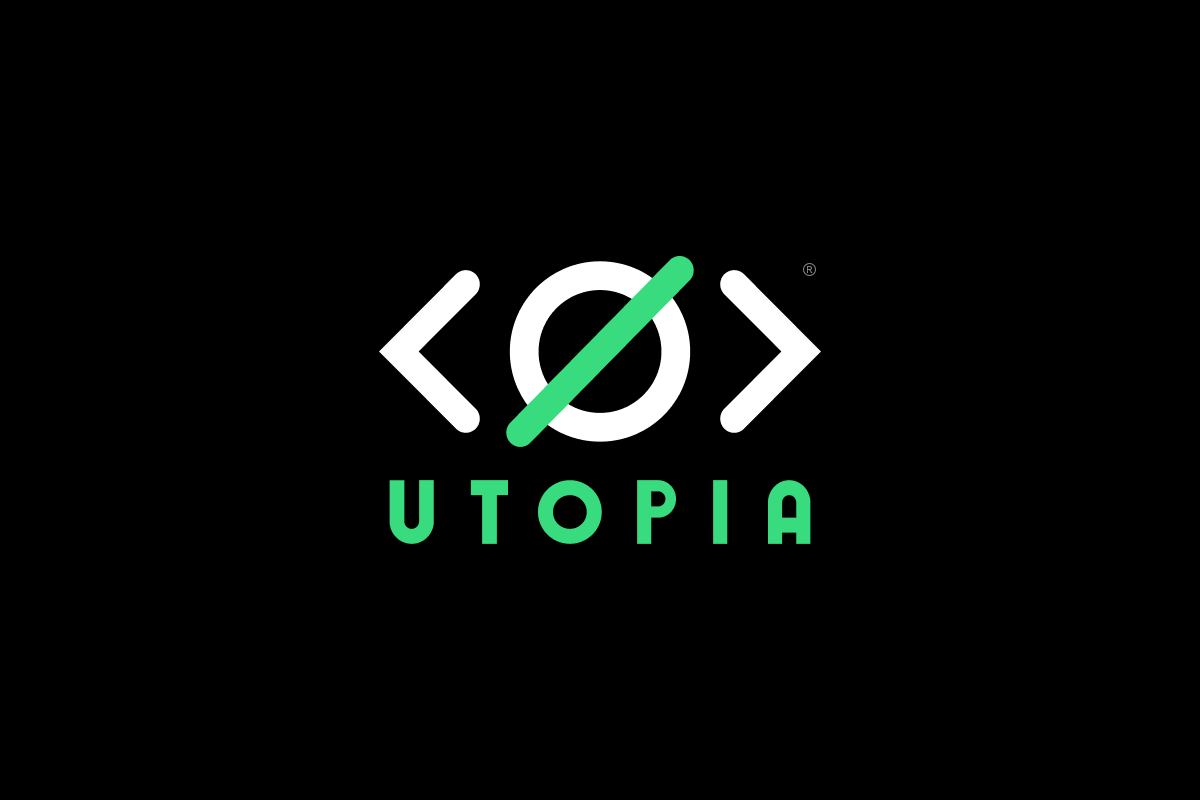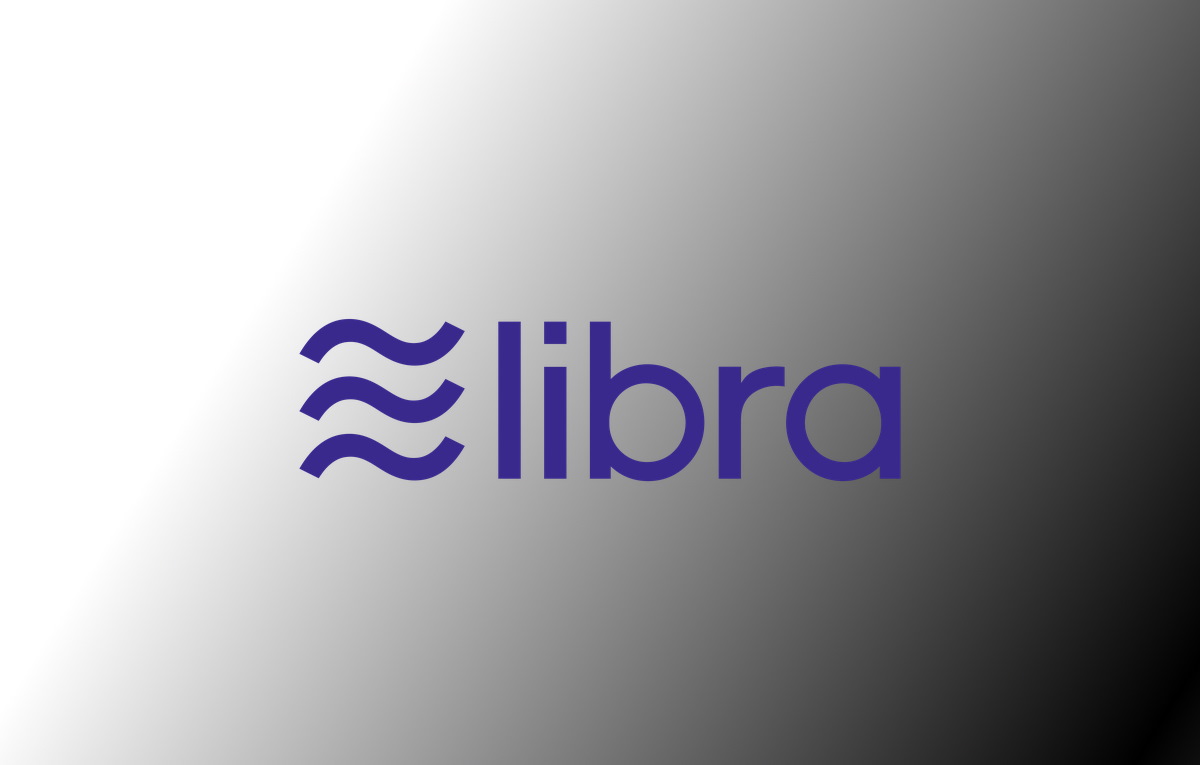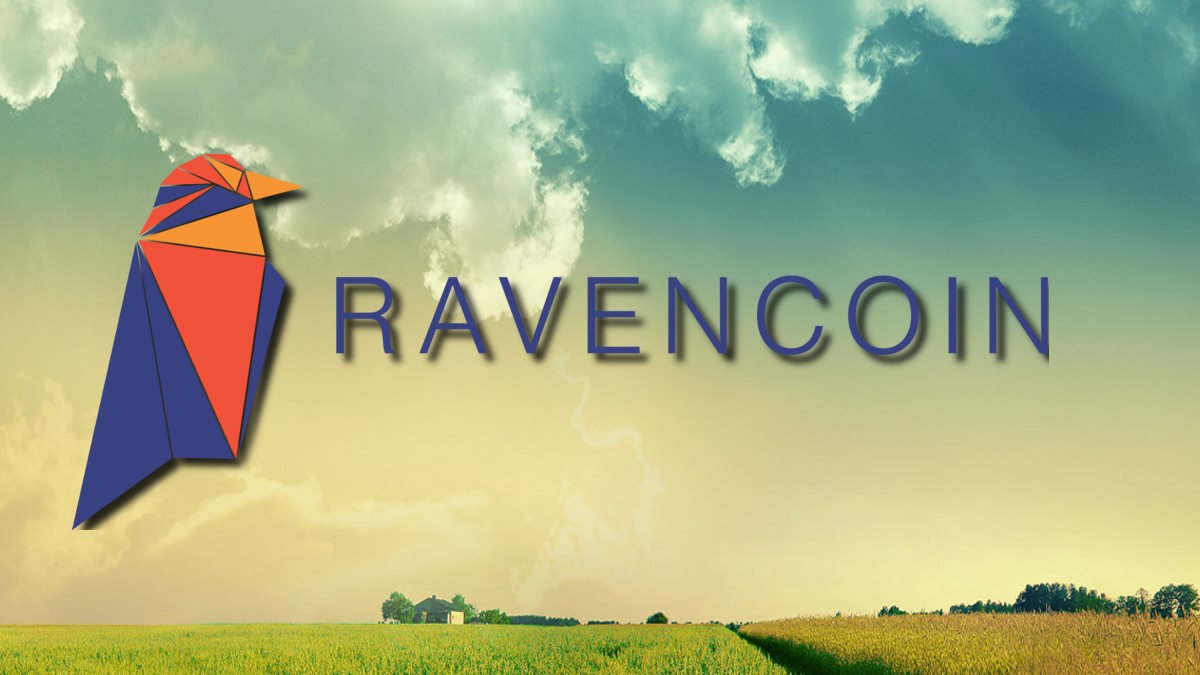Utopia, a breakthrough decentralized P2P ecosystem that consists of instant secure messenger and mail, mineable cryptocurrency, file storage and transfer, built-in browser and much more, announces the launch of beta-testing
(London, UK) — We live in a world of total surveillance, where a lack of privacy is becoming a norm and confidentiality is a thing of the past. We, a group of networking technology enthusiasts, feel that such a state of affairs cannot continue for long, and our answer is Utopia! Utopia is a feature-rich ecosystem platform that is specifically designed to protect the privacy of communication, confidentiality, and security of personal data. It was created for the privacy-conscious public who believe that privacy is paramount.
Utopia is freedom, anonymity, and censorship free driven product that took 5 years to develop. Total surveillance, information flow control, and official deceptions are exactly what Utopia is intended to prevent. When you use Utopia Big Brother is no longer watching you. With Utopia you are able to bypass online censorship and firewalls, meaning that you are free to communicate with whoever you want whenever you want. Freedom of speech is guaranteed by Utopia ecosystem. User physical location cannot be revealed. Communication and data cannot be intercepted and read by a 3rd party. All account data is stored on Utopia user’s local device in an encrypted file.
What makes Utopia so amazing?
Utopia is a decentralized peer-to-peer network, with no central server involved in data transmission or storage. The network is supported by people who use it and deliver high-quality features and perfectly smooth user Interface that offer a lot of value. With Utopia you can send instant text and voice messages, transfer files, create group chats and channels, news feeds and conduct a private discussion. A channel can be geotagged using integrated uMaps which simplifies Utopia channel search and adds an additional security layer. As a result, there is no need to use public map services which are known to collect your data to feed Big Data massives.
uMail is a decentralized alternative to classic e-mail. No servers are used for mail transmission or storage. uMail account, that is created in a minute, enables unlimited messaging and attachment storage. Utopia ecosystem encryption guarantees the security of mail transmission and storage. Your uMail, as an internal part of Utopia, cannot be blocked or seized.
All financial functionality can be found in Utopia built-in uWallet: make and accept payments denominated in Utopia mineable cryptocurrency Crypton, accept payments at your website, pay by Crypto Cards without revealing your Identity or bill fellow Utopia users for your services.
Other features include API and console client for fast and easy integration into third-party applications.
Utopia Network includes a safe alternative to traditional Domain Name System (DNS) called Utopia Name System (UNS). This is a decentralized registry of names that are impossible to expropriate, freeze or corrupt by 3rd-party. Once registered it is your property for infinity.
UNS combined with Packet Forwarding functional allows to tunnel any kind of data between users in ecosystem, making possible to host different types of resources including websites inside Utopia Network. Utopia has built-in Idyll browser to view websites within Utopia peer-to-peer network. Idyll is a great alternative to TOR browser.
Developers of Utopia project worked hard for over 5 years and there are many other amazing features you will enjoy like voice encryption, tons of stickers and smiles, multi-player games, collaboration, and organizing tools.
Utopia team is now happy to announce the launch of a public BETA test.
Anyone is now able to familiarize themselves with Utopia’s unique features and revolutionary approach to decentralized ecosystem designed for privacy. There is a generous reward system for any kind of support – bug and idea reporting, promotion and influence activity. BETA testing stage will last for approximately 3 months. After the end of this period the final version of Utopia ecosystem will be released and available for download. Utopia is absolutely free software with no one-time or recurring payments for using the widest range of Utopia functionality.
To apply for BETA program and learn more information including screenshots please visit https://beta.u.is website. Once you open beta-tester’s account on Utopia beta-testing portal, you will be able to immediately download and install Utopia on your PC, Mac or Linux.
Utopia is a breakthrough decentralized P2P ecosystem with no central server involved in data transmission or storage. Utopia allows users to send instant text and voice messages, store and transfer files, create group chats and channels and make and accept payments denominated in Utopia’s mineable cryptocurrency Crypton. Other features include API for integrations and Idyll browser to view websites within Utopia. To learn more about Utopia and to sign up for its beta please visit https://beta.u.is
For more information, please contact:
Priscilla Vento | 30 Miles North | priscilla@30milesnorth.com





